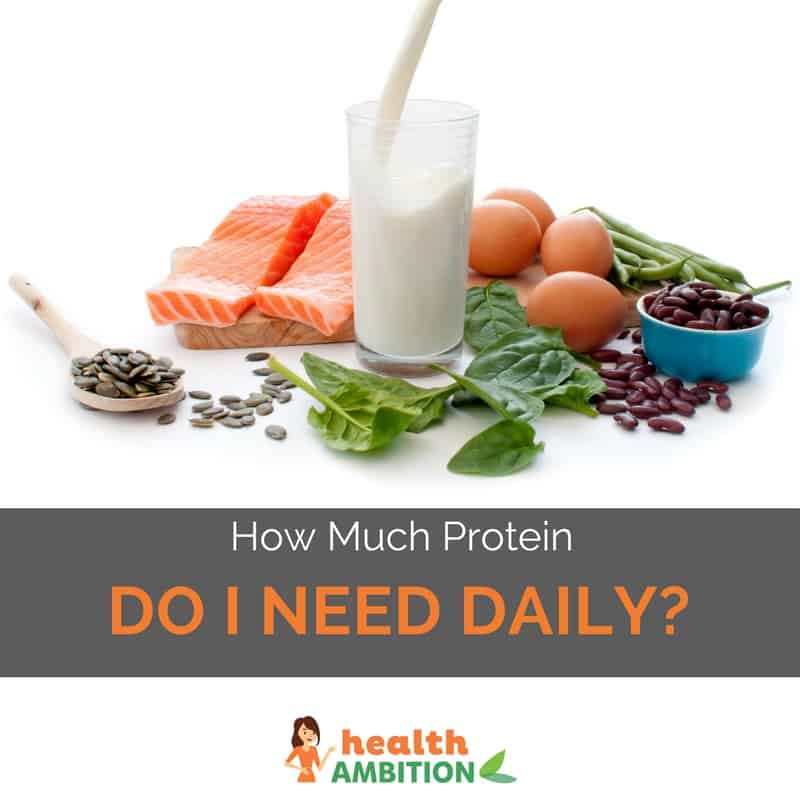
There are a number of nutrients our body needs in order to function and perform at an optimal level. Protein is arguably one of the most important.
Protein is a truly essential macronutrient. If our body does not get enough from our diet, both our body composition and health will pay the price.
One thing that everyone wants to know is how much protein they need daily. The fact is, there are a number of schools of thought on the matter. It depends on a number of factors including your gender, age and activity level.
Let’s take a closer look at why exactly protein is so important as well as what the optimal daily amount really is.
What is Protein Anyway?
Proteins are the number one building blocks of the human body. They are used to make hair, skin, nails, muscles, tendons and more. Proteins are even used to make neurotransmitters for our brains as well as a number of important hormones.
So I think you will agree with me when I say, protein is extremely important.
Proteins are made up of even smaller building blocks called amino acids.
There are 20 amino acids in the human body. Nine of these are classed as “essential”, meaning our body is unable to produce them independently and needs to source them from the foods we eat.
These different amino acids link together in chains, similarly to pearls on a string. Various combinations of amino acids create different proteins which each have specific roles in the body.
Amino acids:
- alanine
- arginine
- asparagine
- aspartic acid
- cysteine
- glutamine
- glutamic acid
- glycinehistidine (essential)
- isoleucine (essential)
- leucine (essential)
- lysine (essential)
- methionine (essential)
- phenylalanine (essential)
- proline
- serine
- threonine (essential)
- tryptophan (essential)
- tyrosinevaline (essential)
Without these amino acids making up the right proteins in our bodies, life as we know it could not continue.
That is why getting enough protein in your diet is immensely important. However, before we consider the quantity of protein, it is a good idea to consider the quality of protein we need to consume.
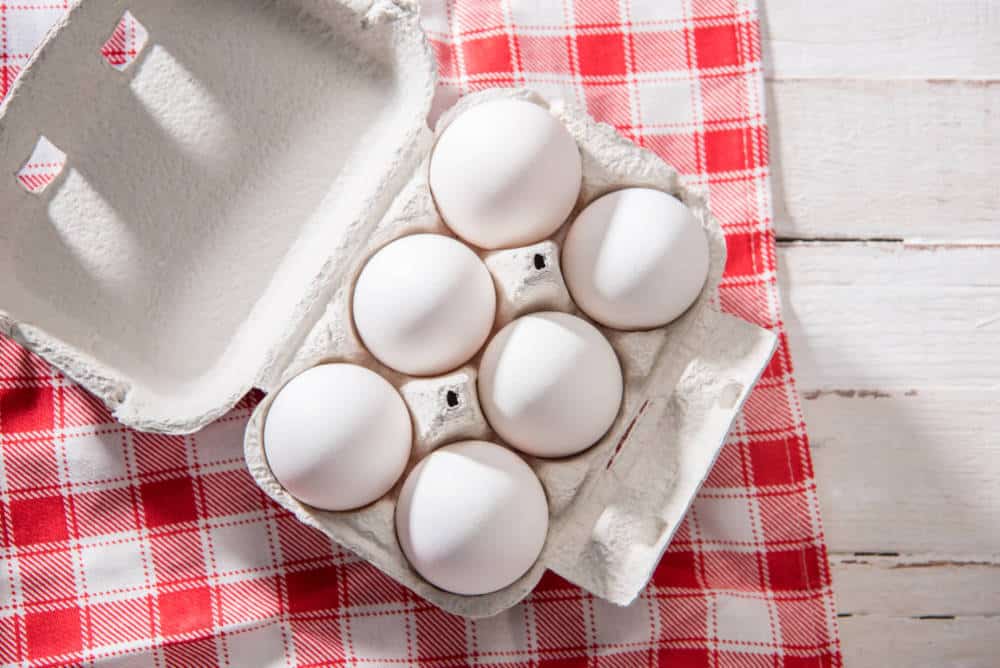
What are the Best Sources of Protein?
Generally speaking, it is best to get your dietary protein from animal sources.
The reason is because animal proteins offer a complete amino acid profile. This means the protein you eat is more likely to include all of the essential amino acids we talked about earlier.
Eating meat, chicken, fish, eggs or dairy every day is a great way to ensure you are hitting your daily protein target for most average men and women.
But what about vegetarians and vegans?
Botanical proteins (those found in plants) do exist. Some – like chia seeds – actually beat meat in terms of amount of protein gram for gram.
A few of the best plant based protein sources include:
- Chia
- Hemp
- Pea
- Brown rice
There are two problems with plant based proteins.
Firstly, although I already mentioned some plant sources are packed with protein comparable gram for gram with animal proteins, it is a lot easier to eat 2 grams of steak than it is to eat 2 grams of chia seeds – let’s face it, that’s a LOT of chia seeds!
Secondly, plant-based proteins don’t always have a full amino acid profile in the same way animal proteins do. Therefore, you could be missing out on some of your essential amino acids, especially if you are not getting a lot of protein to start with.
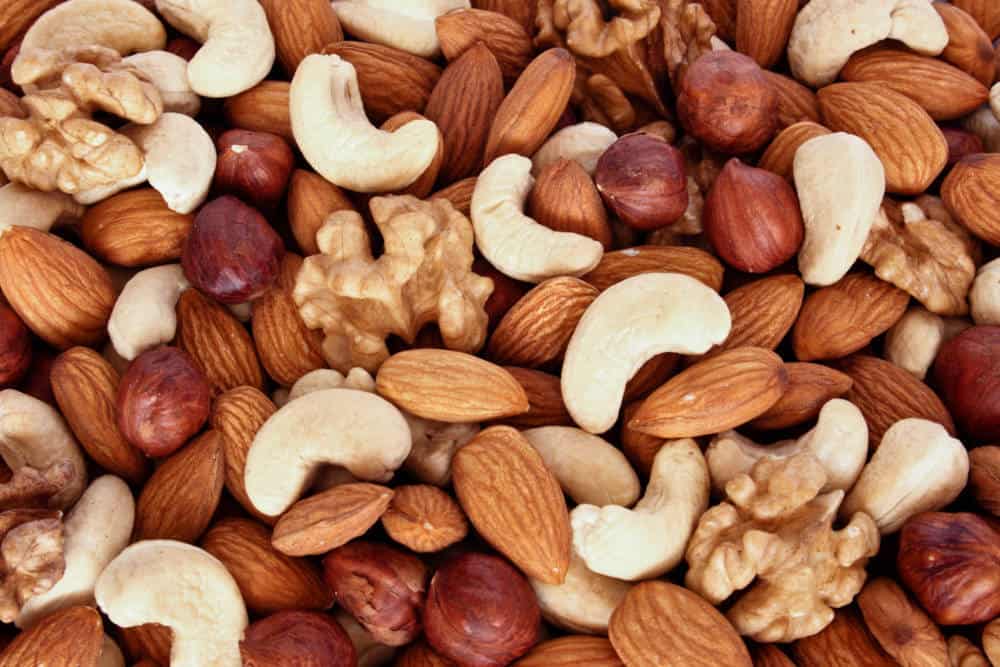
What About Protein Supplements?
Most average Joes who eat meat don’t need protein supplements to meet their daily protein intake.
However, vegans and vegetarians could benefit by adding a plant-based protein supplement into their daily routine.
Many supplements offer as much as 20 grams of protein per serving, which could help fill the gaps if you’re struggling to meet your daily needs from vegetables alone.
Most good quality plant-based protein supplements offer a combination of plant proteins such as pea, hemp and brown rice.
Others who are looking to get a larger daily intake of protein, such as athletes, may also consider using protein supplements.
How Much Protein Do I Need Daily?
According to the United States Department of Agriculture (USDA) the recommended daily intake for protein is 0.8 grams of protein per kilogram of body weight or 0.36 grams per pound. (source)
This amounts to:
- 56 grams per day for the average sedentary man.
- 46 grams per day for the average sedentary woman.
However, this recommended amount is just what is necessary in order to survive if your are completely sedentary.
The amount you actually need depends on a number of things including your age, weight loss goals, fitness goals, activity levels and so on.
Let’s look at who needs more protein and how adding extra protein to your diet could benefit you.
High Protein Diets Can Aid Weight Loss
When it comes to losing weight, protein is an incredibly important tool for success.
We should all know by now that in order to shed pounds, you need to consume fewer calories than you burn, thus creating a caloric deficit.
Eating a large percentage of your daily calorie allowance from protein can help with that. Research shows that eating protein suppresses your appetite (fewer calories in) as well as increasing your metabolic rate (more calories out). (source)
Consuming between 25-30% of your daily calories from protein can boost your metabolism enough to burn an extra 80 -100 calories per day. (source)
One measuring system called the “Satiety Index” (source) measures to what level certain foods leave you feeling full, therefore, reducing further calorie intake. (source)
Protein it one of the most satiating foods, much more so than both fat and carbs. (source)
Moreover, we all know that cravings are the enemy of any dieter. Those late night, obsessive thoughts urging you to cave for a midnight snack can easily lead you off the track to weight loss.
Research has shown that eating 25%of your daily calories from protein actually reduces late night snacking and obsessive thoughts about food by up to 60%. (source)
Furthermore, in one study where women increased their protein intake to 30% per day, they actually consumed 441 fewer calories per day! They also lost 11 pounds in 12 weeks simply by increasing their protein intake. (source)
Another of protein’s superpowers is the fact that not only does it help you to lose weight, it can actually prevent you from gaining weight in the first place.
In a study that looked at people who had already lost a vast amount of weight, by simply increasing their protein intake from 15%-18% they reduced the amount of fat they regained by 50%. (source)
Regardless of what diet you follow, be it low-carb, low-fat or something in the middle, getting about 30% of your daily calories from protein is optimal for weight loss.
If you are following a 2000 calorie a day diet, this is around 150 grams.
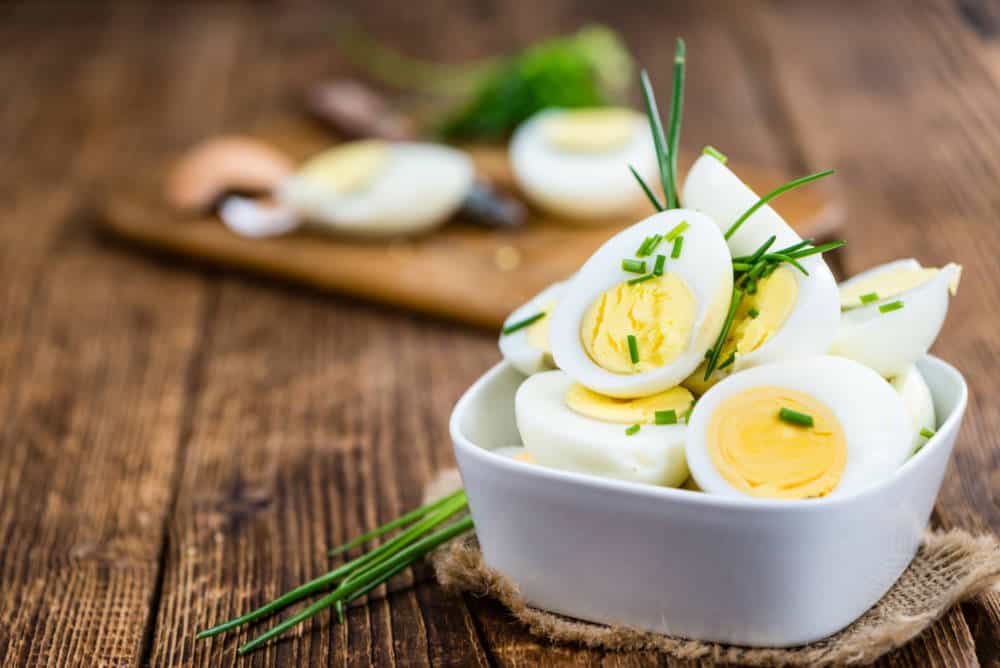
Protein Can Help You Build and Preserve Muscle
We’ve all seen it right?
That huge guy in the gym who looks like he has the strength of ten men chugging back a creamy protein shake.
That’s because Mr Muscle over there knows how important protein is to not only build muscle, but to preserve the muscle he already has.
Take Dwayne ‘The Rock’ Johnson for instance. If you could “smell what the Rock is cooking” you’d know that this WWE Superstar and Hollywood A lister eats SEVEN meals a day!
You guessed it, every single one of those mammoth meals has a huge serving of protein (like the 8oz cod and 2 boiled eggs he has for breakfast) and that is how he has the body of 2 Greek Adonises fused together.
Muscle, like most other tissue, is continuously being broken down and rebuilt.
As we age, our muscle breaks down more and we lose muscle mass. The same can be said of those who follow very low calorie diets as our bodies try to hold onto our fat stores by breaking down muscle.
Even if we’re not looking to bulk up, we should hold on to the muscle mass we already have.
If you do want to build muscle, your body needs to synthesize more muscle protein than it is breaking down.
Therefore, if you want to increase both your muscle mass and strength, you need to eat more protein (source) and of course, if you want to look like the Rock, you need to lift some iron too!
Here’s a video from British Olympian diver Tom Daley to explain in more detail how eating more protein can benefit your weight loss and fitness goals:
Instead, the ideal amount of protein needed to build muscle mass is considered to be a whopping 1 gram per pound of body weight.
In fact, some studies have shown that slightly more than 1 gram of protein per pound of body weight is the best amount when looking to get gains. (source)
Therefore, if you are an average woman weighing around 140 pounds, you will need to consume 140 grams of protein daily to improve your muscle mass.
This may seem like an unrealistic achievement (especially if you get your protein from plant sources) however, this is where protein supplements come into play.
Although you won’t need protein supplements if you’re the gold medal holder of the couch potato olympics, if you’re a workout warrior looking for front row tickets to the gun show, chugging down a protein shake alongside some cod and boiled eggs could be the key to success.
Other Reasons for Higher Protein Intake
Aside from those who want to shed excess pounds or sculpt their bodies to perfection, there are some other reasons why you may need extra protein in your diet.
Firstly, although you may not be a gym ninja, you could still need extra protein if you are physically active.
If you have a physically demanding job or you exercise regularly such as long walks, swimming or hitting an evening zumba class, then you will need more protein than your average Joe.
Endurance athletes will need significantly more, around 0.65 grams per pound of body weight. (source)
Elderly people also need higher levels of protein in their diet, almost 50% more than the recommended daily intake at around 0.6 grams per pound of bodyweight. (source)
This can help prevent conditions that many elderly people are prone to such as osteoporosis and sarcopenia.
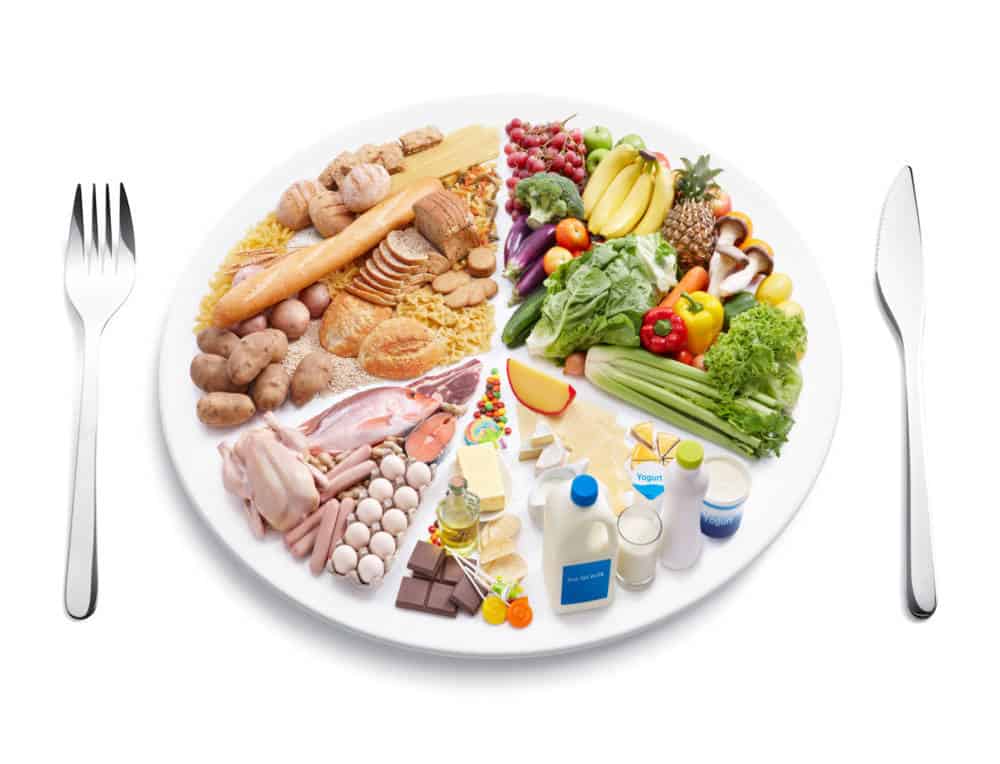
What Does “Grams Of Protein” Really Mean?
So we have discovered how many grams of protein you need, whether you’re an average person who doesn’t exercise much and doesn’t lift weights or a hardcore gym addict looking to bulk up.
However, there is a standard misconception about what we mean by grams of protein.
When I say a gram of protein, I am talking about the actual macronutrient, not the foods that contain it.
For example, one boiled egg is 46 grams, but it only contains 6 grams of protein. Therefore, if you are aiming for 140 grams of protein per day you need to eat around 23 eggs if that was your only choice of protein source. Make sure to always read the labels or use an app like My Fitness Pal to track your protein goals.
Leave a comment